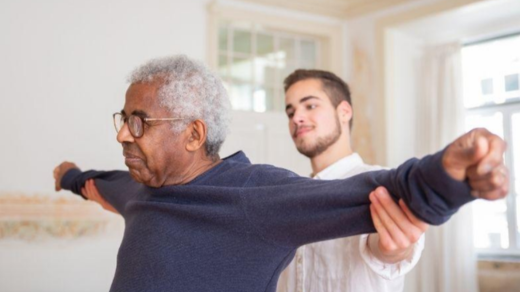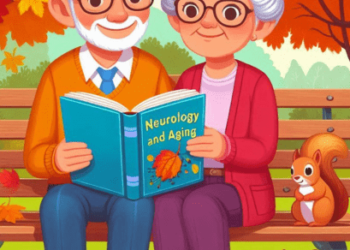
Taking care of elders is an important responsibility. As people age, they often face physical and mental health challenges that can make it difficult for them to do everyday tasks. Whether you’re caring for a family member or helping someone in your community, it’s important to ensure their well-being.
This article shares five important tips to help you take care of elders, offering practical advice to improve their quality of life.
1. Ensure Proper Nutrition
A healthy diet is key to an elder’s overall health. As people age, their metabolism slows down, and their nutritional needs change. It’s important to provide elders with a balanced diet rich in vitamins, minerals, protein, and fiber. Include plenty of fruits, vegetables, whole grains, and lean proteins in their meals.
If they have specific dietary restrictions or health conditions, like diabetes or high blood pressure, it’s essential to adjust their meals accordingly. Also, make sure they drink enough water throughout the day to stay hydrated.
2. Monitor Their Medication
Many elders take several medications for various health conditions. Keeping track of their prescriptions is crucial to ensure they take the right medications at the right times. Create a medication schedule and make sure they follow it.
You can also help by organizing their medications in a pill organizer to avoid confusion. Additionally, check for any side effects or interactions between medications, and keep in touch with their doctor to adjust the medication if necessary.
3. Consider At-Home Physical Therapy
For many elders, going to a clinic for physical therapy can be difficult or even impossible. At-Home Physical Therapy can be a great alternative. A trained therapist can visit your home and help create a personalized exercise plan.
This plan will focus on the elder’s specific needs, such as improving balance, strength, or flexibility. At-home therapy allows them to stay comfortable in their familiar surroundings while getting the support they need to stay active and healthy.
4. Visit the Asthma Clinic Regularly
If the elder has asthma or respiratory issues, it’s essential to ensure they receive the proper care. Regular visits to an asthma clinic can help manage their symptoms and prevent complications. Asthma clinics specialize in treating breathing problems and can offer personalized treatment plans.
These may include medication adjustments, breathing exercises, and advice on how to avoid triggers. Routine check-ups will help keep their asthma under control and reduce the risk of severe attacks.
5. Provide Emotional Support
Elders often experience feelings of loneliness or isolation, especially if they are no longer able to participate in social activities or live independently. It’s important to provide emotional support and maintain regular communication with them.
Spending quality time together, whether it’s through conversation, reading, or watching TV, can make them feel loved and cared for. Encourage them to stay socially engaged, either by joining clubs, participating in group activities, or keeping in touch with friends and family.
Conclusion
Caring for elders requires patience, attention, and love. By following these five important tips—ensuring proper nutrition, monitoring medication, keeping them physically active, visiting an asthma clinic, and providing emotional support—you can help elders maintain a high quality of life.
Taking small steps to improve their health and happiness will make a big difference in their lives. Always remember, being present and attentive is one of the best ways to show your care and support.













